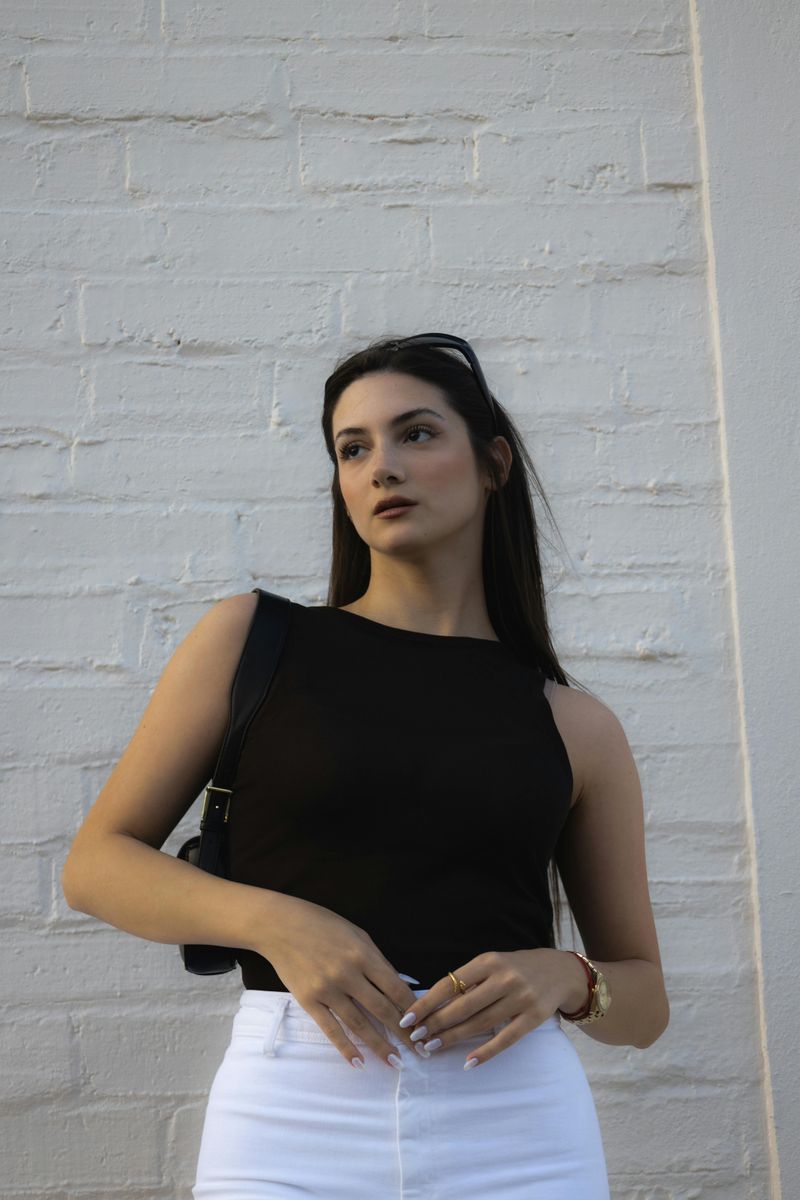Have you ever looked back at your past relationships and noticed they all felt strangely similar? Maybe your partners had the same emotional distance, the same communication problems, or even the same unavailable vibe. You’re not alone, and it’s not just bad luck. There are real psychological reasons why we find ourselves repeating the same relationship patterns over and over again.
1. Familiarity Feels Safe — Even When It’s Not
We’re often drawn to what feels comfortable, not necessarily what’s healthy.
Your brain has a funny way of working sometimes. If you grew up around certain personality traits — even unhealthy ones — your brain can mistake that familiarity for safety. It’s like your mind is searching for what it knows, not what it needs.
So you keep choosing partners who “feel like home,” even if home wasn’t ideal. That comfortable feeling can be misleading because it’s based on old patterns rather than a genuine connection.
2. You Confuse Chemistry With Compatibility
That instant spark can be intoxicating — but it’s not always a sign of a good match. Chemistry makes your heart race and your palms sweat.
Sometimes that “chemistry” is your nervous system recognizing familiar dynamics like emotional unavailability or intensity, not genuine compatibility. Your body might be reacting to patterns it knows, even if those patterns hurt you before.
Real compatibility involves shared values, communication styles, and life goals. Chemistry fades, but compatibility builds lasting relationships. Learning to tell the difference between excitement and actual connection can change everything about who you choose.
3. Your Attachment Style Shapes Who You’re Attracted To
Anxious or avoidant attachment styles can pull people toward partners who recreate those same emotional patterns.
Your early relationships with caregivers created a blueprint for love. For example, someone with an anxious attachment may be drawn to emotionally distant partners because it mirrors their early experiences. It feels normal, even though it causes pain.
Understanding your attachment style helps you see why certain people feel magnetically attractive. Once you recognize the pattern, you can consciously choose partners who offer security instead of repeating old wounds.
4. You’re Subconsciously Trying to ‘Fix’ the Past
Many people unknowingly choose partners who resemble a parent or past partner, hoping to “rewrite” that story. Your subconscious mind believes it can heal old wounds through new relationships.
It’s a psychological loop: if you can make it work this time, it’s like healing the original wound. Your brain thinks getting love from someone similar will finally give you closure.
But instead of healing, it often repeats the pain. You can’t fix the past by recreating it in the present. True healing comes from recognizing the pattern and choosing differently, not from convincing an emotionally unavailable person to finally choose you.
5. Low Self-Worth Keeps You Stuck
If you don’t truly believe you deserve more, you might settle for less — and keep doing it. Self-worth acts like a filter for what you’ll accept in relationships.
Low self-esteem can make unhealthy dynamics feel like the best you can get, rather than a cycle you can break. When you don’t value yourself, you accept treatment that matches that low opinion.
Building self-worth isn’t about becoming perfect or arrogant. It’s about recognizing your inherent value regardless of what others think.
6. You’re Addicted to the Emotional Highs and Lows
Toxic relationships often come with extreme ups and downs that release dopamine and adrenaline, creating a kind of emotional addiction. Your brain gets hooked on the drama like a drug.
Stable, healthy love can feel “boring” in comparison — even though it’s what you actually need. The constant uncertainty keeps you chasing those high moments, waiting for the next rush.
Breaking this cycle means retraining your brain to appreciate calm consistency over chaos. Healthy relationships might feel less exciting at first, but they offer something better: peace, security, and genuine happiness.
7. You Ignore Red Flags Because of Idealization
When you really want something to work, your brain can filter out information that contradicts that desire. You see what you want to see, not what’s actually there.
This “rose-colored glasses” effect leads you to minimize bad behavior and rationalize patterns you’d clearly see in someone else’s relationship. You make excuses for things that would alarm you if your best friend described them.
Idealization protects your fantasy but prevents you from seeing reality. Taking off those rose-colored glasses can be painful, but it’s necessary for making better choices. Trust your gut when something feels off, even if your heart wants to believe otherwise.
8. You Mistake Intensity for Love
Grand gestures, whirlwind beginnings, and constant drama can feel passionate — but intensity isn’t the same as love. Love-bombing and rapid escalation often mask deeper problems.
Intensity burns hot and fast, but it usually burns out just as quickly. Healthy relationships might start slower, but they last longer and feel better. Learning to value steady warmth over explosive heat helps you choose partners who offer genuine love instead of just temporary excitement and chaos.
9. You Haven’t Broken the Emotional Pattern
Until you consciously recognize and interrupt your own patterns, you’ll likely keep repeating them.
This isn’t about blame — it’s about awareness. Once you see the pattern clearly, you can start choosing differently. You can’t change what you don’t acknowledge.
Breaking patterns requires intentional effort and often outside help from therapy or trusted friends. Write down your relationship history and look for common themes. What traits do your exes share? What role do you typically play? Identifying these patterns gives you the power to make different choices next time someone familiar comes along.
10. Change Feels Scary — Even When It’s Healthy
Choosing a different kind of partner can feel uncomfortable at first because it’s unfamiliar. Your nervous system is wired to prefer what it knows, even if what it knows hurts.
Healthy love often feels calmer — and that can be unsettling if you’re used to chaos. You might worry that something is missing when the drama disappears.
But discomfort doesn’t mean it’s wrong; sometimes, it means you’re growing. Give yourself time to adjust to a healthier dynamic. That weird feeling isn’t a red flag — it’s your system recalibrating to something better.










